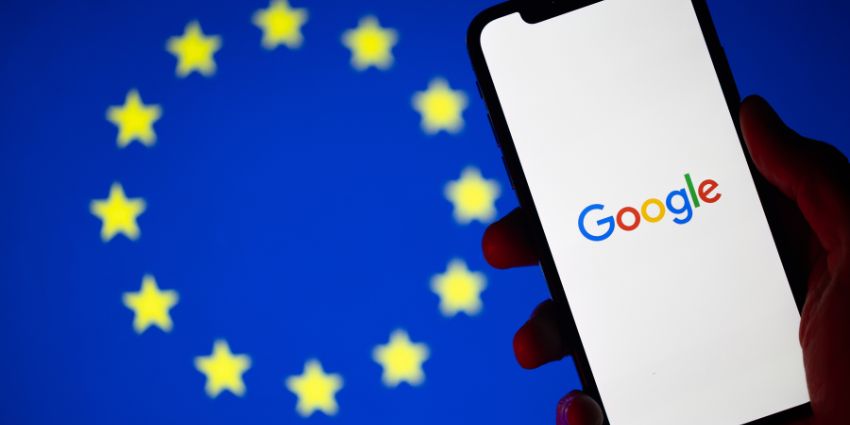Google is in the sights of the EU regulators, with the search giant set to be charged with breaching EU rules aimed at checking the power of Big Tech.
According to Reuters, sources state that this comes after proposed changes to Google’s search results failed to address the EU antitrust regulator’s concerns and those of its rivals.
Although the potential sanctions are levelled at its search result, the interconnected nature between it and Google’s UC solutions, plus the growing tensions between the US and the EU, could see such sanctions have a knock-on effect on it Workspace suite.
The Charge at Google
The European Commission has been investigating Google for potential breaches of the Digital Markets Act (DMA) since March last year.
One probe focuses on whether Google favours its vertical search engines such as Google Shopping, Google Flights and Google Hotels over rivals, and whether it discriminates against third-party services on Google search results.
Although Google has reportedly been working to find solutions with the EU Commission since December, with a post from its EMEA Competition Director Oliver Bethell stating as such and announcing a series of changes to search results, the majority have been dismissed as not DMA-compliant.
Penalties for falling afoul with the DMA can see offenders issued with a fine of up to 10 per cent of the concerned gatekeeper’s annual turnover, 20 per cent for repeat offenders, and even the imposition of structural remedies, such as forcing an organization to divest certain parts of its business.
This is something Google is unlikely to be happy with. Ordinarily, this would result in a raft of appeals and legal challenges.
However, with the air in EU-US relations significantly shifting as of late, the other option for Google could be to pull services and products from the market.
How Could Google’s UC Solutions be Affected?
US tech companies have been increasingly emboldened by President Trump’s rhetoric on tariffs and protectionism to increasingly fight back against moves against them.
Just this month, Apple pulled its data protection tool after the UK government demanded access to user data. The result is that customers in the UK no longer have access to the highest level of data security tools.
When speaking about changes to meet EU conditions, Bethell said any more changes in Google’s search result format to appease rivals could result in the removal of certain helpful features.
Reuters also reported Google threatened to bring back blue links in search results if it cannot resolve rivals’ demands, something that was not taken well by EU antitrust regulators.
Should a fine go ahead, Google could restrict services in EU jurisdictions in a tit-for-tat move.
Equally, even if they don’t move to reduce or withhold services as retaliation, realignment with the regulation could affect user experience fluidity.
For instance, with Google Workspace being a browser-based UC solution, users navigate to other features of the Workspace suit by typing the search bar things like “docs” or “forms” .
Yet, with one probe focusing on Google discriminating against third-party services on Google search results, such searches may mean that a search for “docs” doesn’t necessarily yield “Google Docs” as the first result.
Although the EU case focuses mostly on Google allegedly favoring its own price-comparison services, like Google Shopping, Flights, and Hotels, a ruling against it could force a massive realignment across the board when it comes to search retrieval of its own services.
Where Google Goes From Here
Although a big player in the tech field, Google is behind over tech rivals like Microsoft when it comes to its UC solutions.
Yet with a update and rollout of Gemini 2.0. across its workspace suite, it is probably more interested in adding new features than restricting access to them.
Yet, Google’s decision to embed their UC solutions into their web browser in a move to keep people on their platform and offer more in terms of search to their customers, could turn out to be an undoing.







